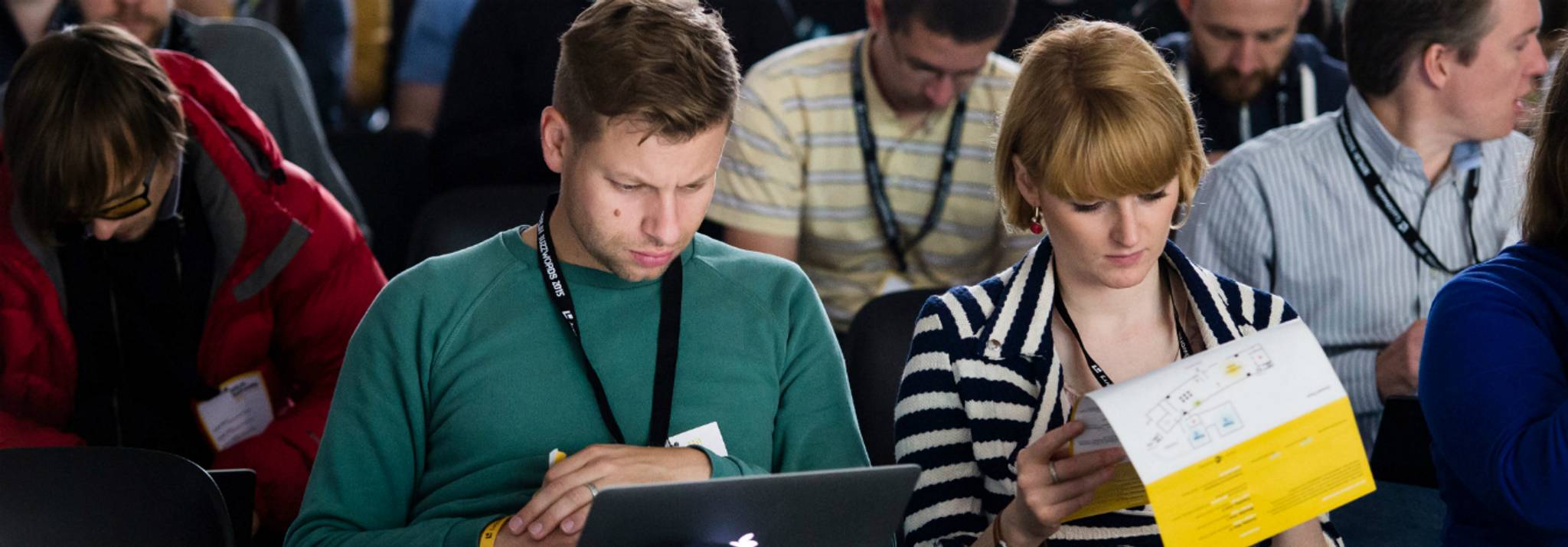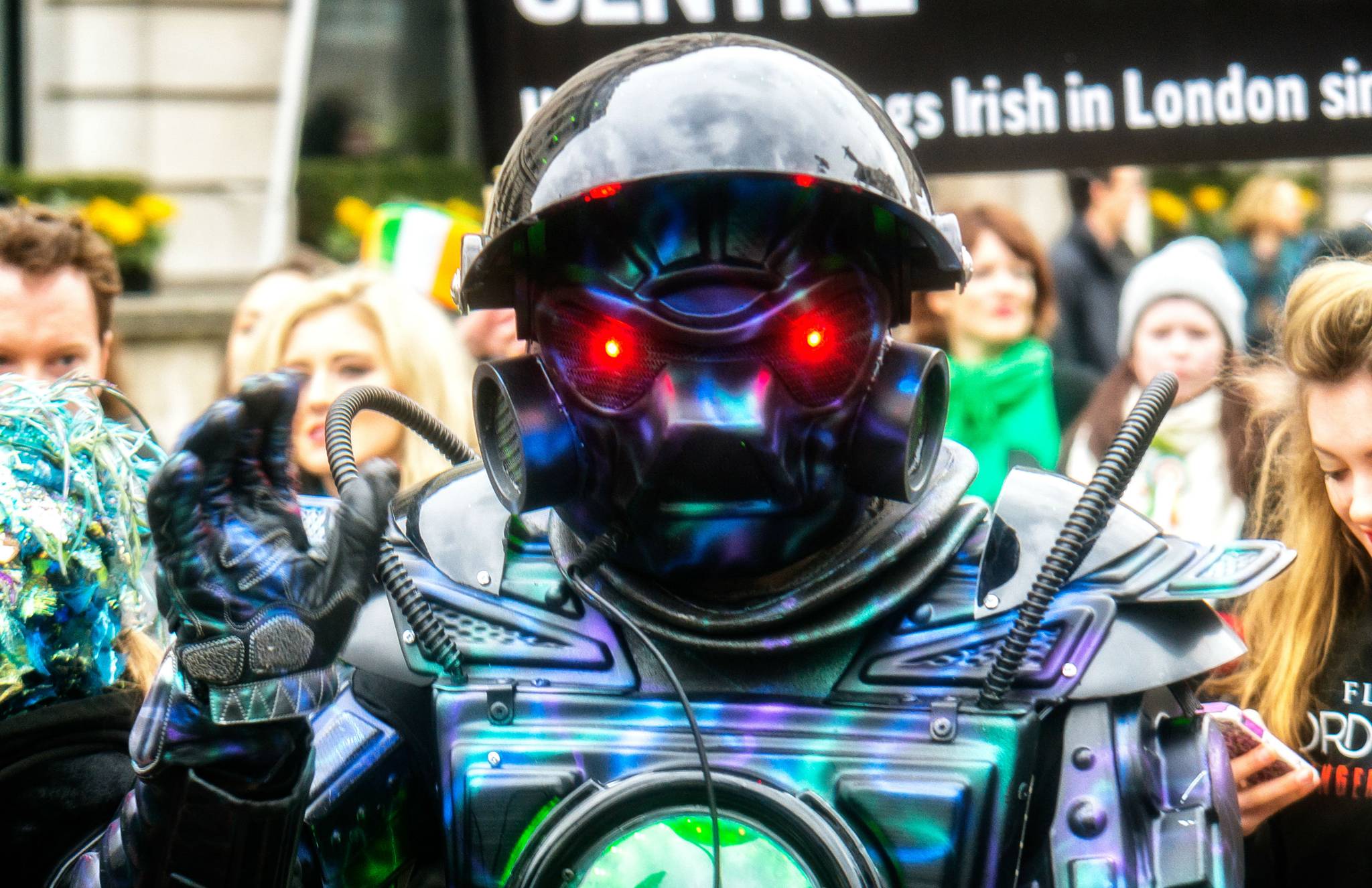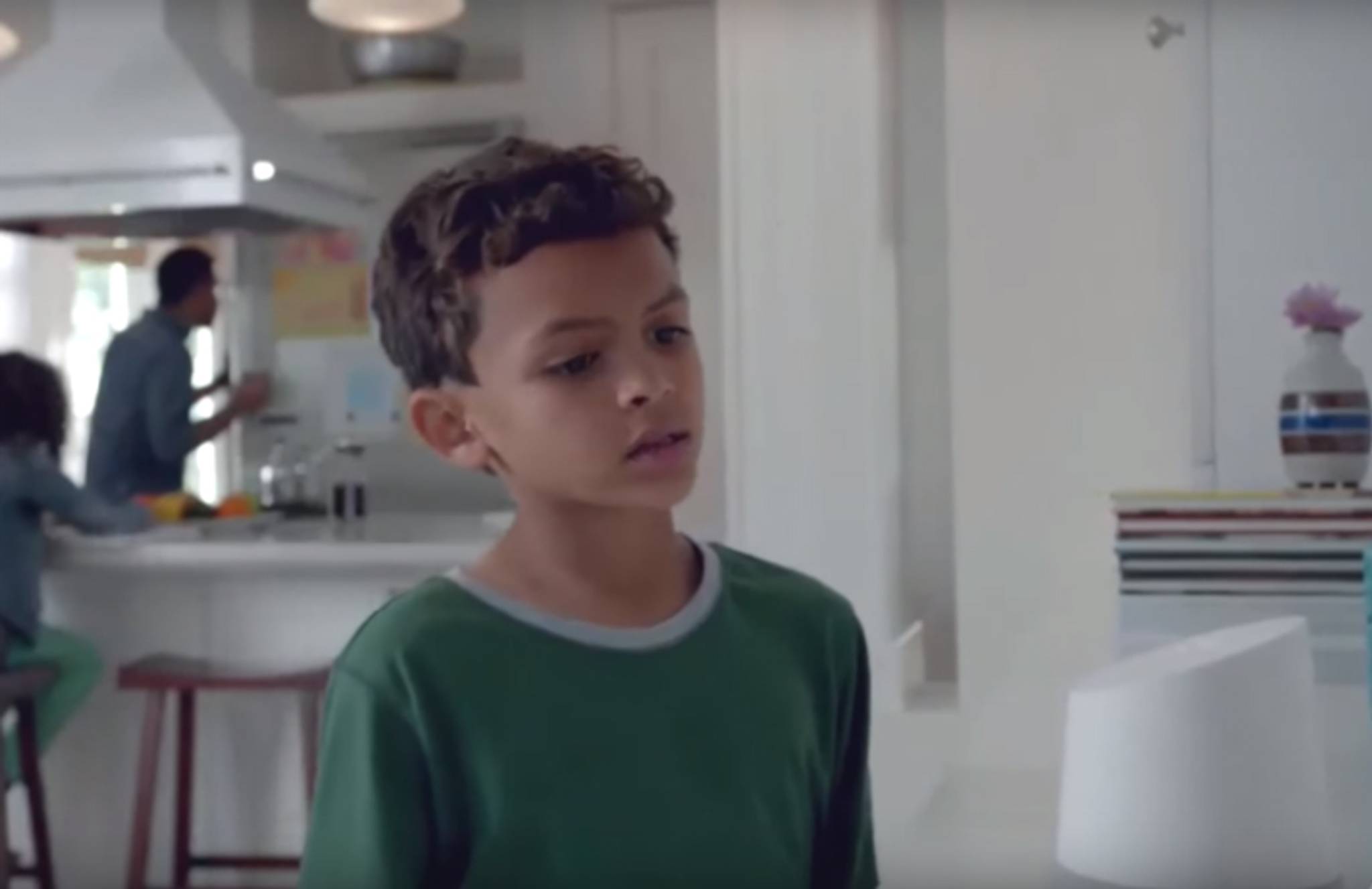
When an algorithm misread an (admittedly suspect) anatomy diagram to be inter-species pornography, people were charmed by the slip-up. As artificial intelligence develops skills that were once reserved for humans, the threat to mankind's dominance has people relishing tech’s mistakes. We explore the science behind why people enjoy when AI trips up – and what this tells us about our relationship with tech.
The educational book L’imagerie du poney et du cheval was meant to give French schoolchildren an insight into the similarities between the anatomies of horses and humans. But a short-sighted publisher chose an image that, upon first glance, looks suspiciously like horse-on-human pornography. Despite the harmless nature of the picture, it’s done the rounds online, with over a million views on Imgur and a substantial Reddit presence – until recently, when Facebook’s algorithms mistook the children’s book diagram to be porn. The algorithms were so convinced that the cartoon anatomy lesson was vulgar that it temporarily banned a number of users from the platform, much to the amusement of those who shared it.
So why is an algorithm’s blunder so gratifying? As of yet, AI hasn’t quite mastered being human, which is why chatbots make for such awkward conversationalists. But as technology continues to advance – from bots that are equipped with a sense of humour to virtual assistants that can flirt with their bosses – people are starting to feel uncomfortable with their own role in the AI-human dynamic. This manifests in a phenomenon coined by German psychologists Stein and Ohler as ‘the Uncanny Valley of the mind’.
As human-bot interaction becomes increasingly common, fears over the future of robotics are spiking; two-thirds of Americans are worried that machines will have taken over human jobs by 2065, and they’re more scared of robots than they are of death. So when there’s a glitch in an AI system, it reminds people that they, as humans, are safe in their own supremacy – and still one step ahead of the automatons.
Mira Kopolovic is a writer and researcher at Canvas8, which specialises in behavioural insights and consumer research. She has an MA that focused on visual culture and artist-brand collaborations and she spends her spare time poring over dystopian literature.



